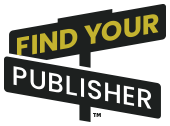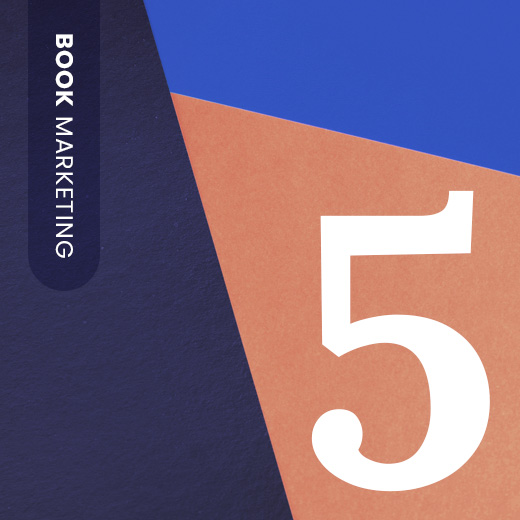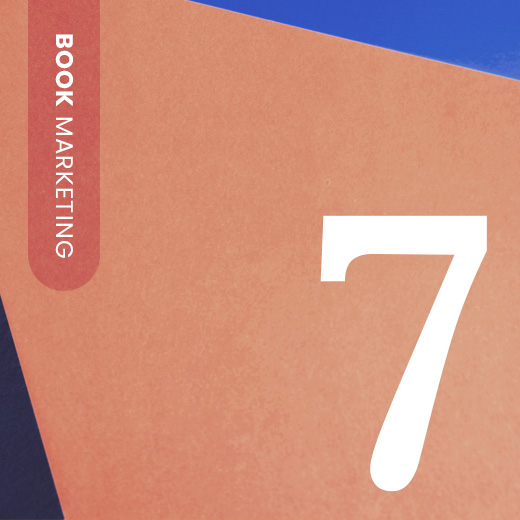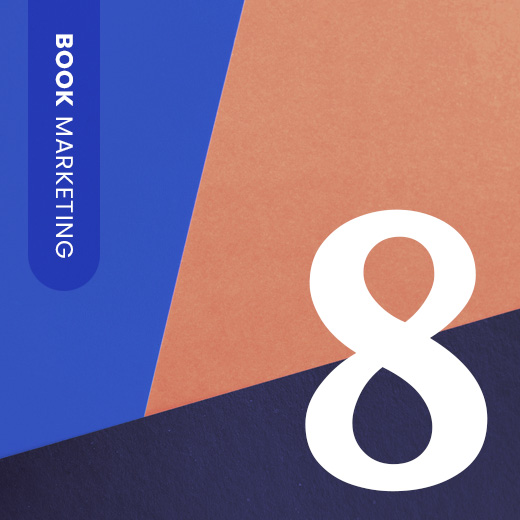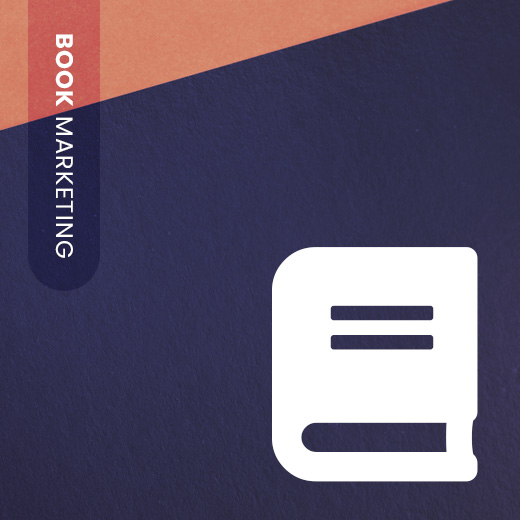Home » Book Marketing » From Trade Shows to Festivals: Maximizing Your Book’s Exposure at Events
From Trade Shows to Festivals: Maximizing Your Book's Exposure at Events
No matter what your book’s topic or genre, you can find a local, regional or national conference, trade show or other marketing event that will attract members of your target audience. If you’re a fiction writer, there may be conferences and other events that apply to you, depending on your genre. Here are some of the event types you might consider.
Book Trade Shows and Fairs
These big gatherings of authors and booksellers attract professional book buyers, as well as members of the media, publishers, retailers, library representatives and the general public. Most book trade shows and fairs run for two or three days. Vendors rent and staff booths to promote and sell books (some shows don’t allow direct sales so check the details before you register), as well as to make contacts for future sales.
Trade shows and fairs happen at the local, national, regional and international level so you can start small before you commit to the expense of a big event. Most of these shows charge for booth space, corner space (open corners in your booth), and many charge extra for tables, electricity, phone lines etc.
Transportation, lodging and meals, of course, would be added to these costs. Booth space at big trade shows and fairs can be very expensive, as can accommodations near the event. Smaller regional events are less expensive and more cost-effective. These events offer a better opportunity to get face time with buyers interested in regional authors.
Again, if you decide a book trade show is a good use of your time and marketing budget, look before you leap. Go to a few shows as an attendee rather than an exhibitor to see how they’re run, what kinds of books are being displayed and which types of exhibits are most effective. Start small; you might be overwhelmed by a big national show, but a small local show might be cost-effective and manageable, as well as a way to test the waters to see if you want to attend bigger events.
Conferences and Conventions
These events like trade shows and fairs attract attendees from a specific trade or industry and offer vendors another chance to get face time with potential buyers. Some of these events are very niche focused. If your book is in that niche attendance or speaking engagements can be especially good for sales. If you can get a speaking engagement at a workshop or seminar associated with the event you can get even more promotional benefits.
Conferences and conventions come in all sizes, of course, and so do the costs of attending. As mentioned earlier, you have a more targeted attendee list at smaller events, which is a better opportunity to reach your target market. Opportunities to book presentations and seminars at smaller events are also greater.
Book Festivals
These events offer vendors the opportunity to sell directly to the public at retail prices. As with trade fairs and shows, you buy booth space and work the booth yourself, so you have direct contact with a large number of buyers who have come to the fair to buy books. You don’t have as many professional buyers at these events, so booth space can be less expensive depending on the size and popularity of the festival.
Again start with small local festivals and then move to bigger events once you have experience of managing a booth, handling direct sales and promotional contacts with festival attendees. Most book festivals also have author readings and demonstrations so there are other promotional activities beyond selling at a booth or table.
Doing Your Research
You need to do your research and evaluation to determine if any conference or trade show will be a good marketing investment. Beyond researching individual events to see if they will be a good environment to promote and sell your book, you also need to determine what your goals are for attending the event. Then, you need to calculate the costs and benefits of your attendance. Most event websites list the event details.
In addition to basic dates and locations, review the event agenda and the list of sponsors, exhibitors and attendees. The online registration forms will outline booth sizes and costs, floor plans, additional expenses and other important information for registrants. With this information in mind, consider your goals for attending the event. Write down your goals and then review them in light of what your research has told you about the event. Does the size, cost, attendee and exhibitor list seem to match an event that will help you achieve all or most of your goals? Calculate your expenses and see how those compare to the potential and likely benefits of attendance. This kind of cost/benefit analysis is important before you do any major marketing, but the costs of trade show attendance make it even more so.
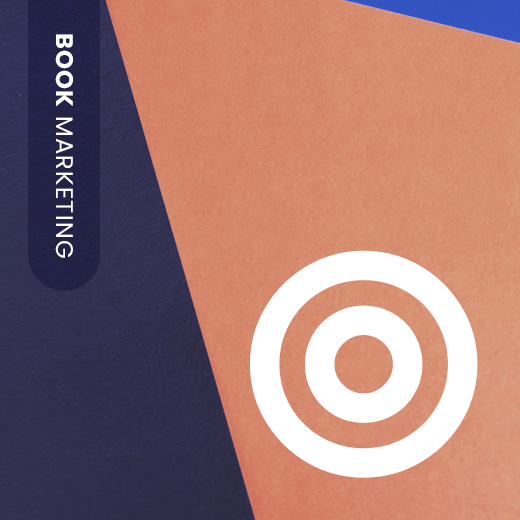
Don't let your manuscript sit idle
start your publishing journey now!
Get matched with a self-publishing company specifically chosen for you and the book you are publishing.
Don’t let your manuscript sit idle – start your publishing journey now!
